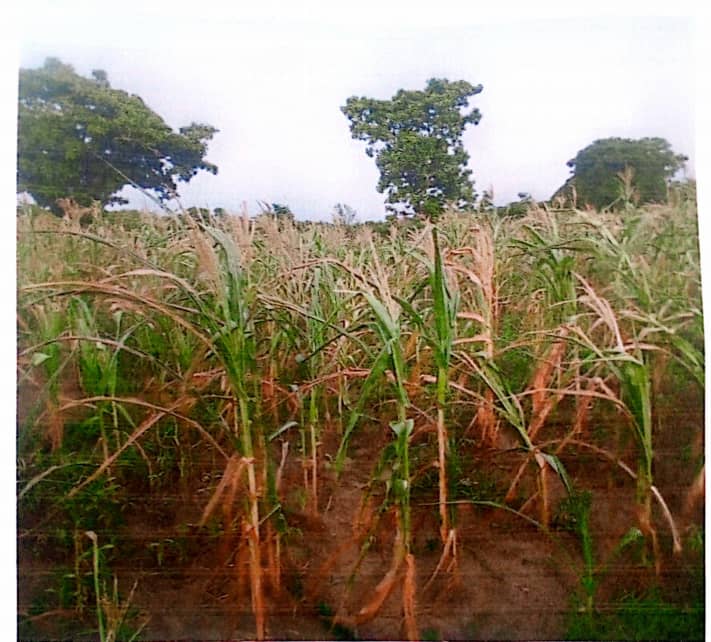Peasant Farmers Association of Ghana (PFAG) in the Daffiam-Bussie-Issah (DBI) District, has appealed to the government to consider providing farmers in northern Ghana with small-scale irrigation schemes, to support agricultural production.
The Association said it was necessary and urgent following the prolonged drought in northern Ghana that had disrupted the 2024/2025 cropping season in the area.
“If agriculture is to remain the backbone of our economy, neglecting irrigation infrastructure poses a significant threat to the districts and region’s food security,” it noted.
The PFAG said this in a statement signed by the executive members of the Association in the District, led by Mr Lawie Bonzo Vincent, the DBI District Focal Person of the Association and copied the Ghana News Agency (GNA) in Wa.
It said the devastating drought of over a month in the district had left many farmers in a precarious and vulnerable situation and needed urgent help.
“The livelihoods of over 800 farmers, supporting more than 8,000 household members, are in serious jeopardy. Our community relies primarily on crop farming as our main source of income,” the statement said.
The Association observed that its members in the district had an accumulated acreage of farms ranging between 4,000 and 6,000 acres.
It said the least among its members was producing an acre, with the highest cultivating over 50 acres”.
The statement said members of PFAG in the DBI District predominately produced maize, millet, and groundnuts, with a production capacity of about 2,500 Metric Tons (MT) of crops.
The Association, therefore, appealed to the central government, the Regional Coordinating Council, and the District Authorities for farmer-led small irrigation schemes, to enable them sustain food production under the current drought conditions.
It also appealed for mechanisation services especially for its female members, to enable them to swiftly prepare their fields to reduce the impact of the drought on their agricultural production.
“We require more education on the impacts of climate change and effective farming practices. Understanding planting times, seed selection, and agronomic practices will help us adapt and maximise crop yields,” the Association added.
Other requests the Association made were on effective policies to ensure fair market practices, including standardised weighing and pricing for their produce, and alternative livelihood programmes such as shea processing, soap making, and livestock rearing.
The drought in northern Ghana, especially the Upper West Region, had destroyed several farms with investment running into millions of Ghana Cedis threatening to go down the drain.
Meanwhile, President Nana Addo Dankwa Akufo-Addo had indicated that the government would soon announce interventions to counter the impact of the prolonged drought in northern Ghana.
GNA




















